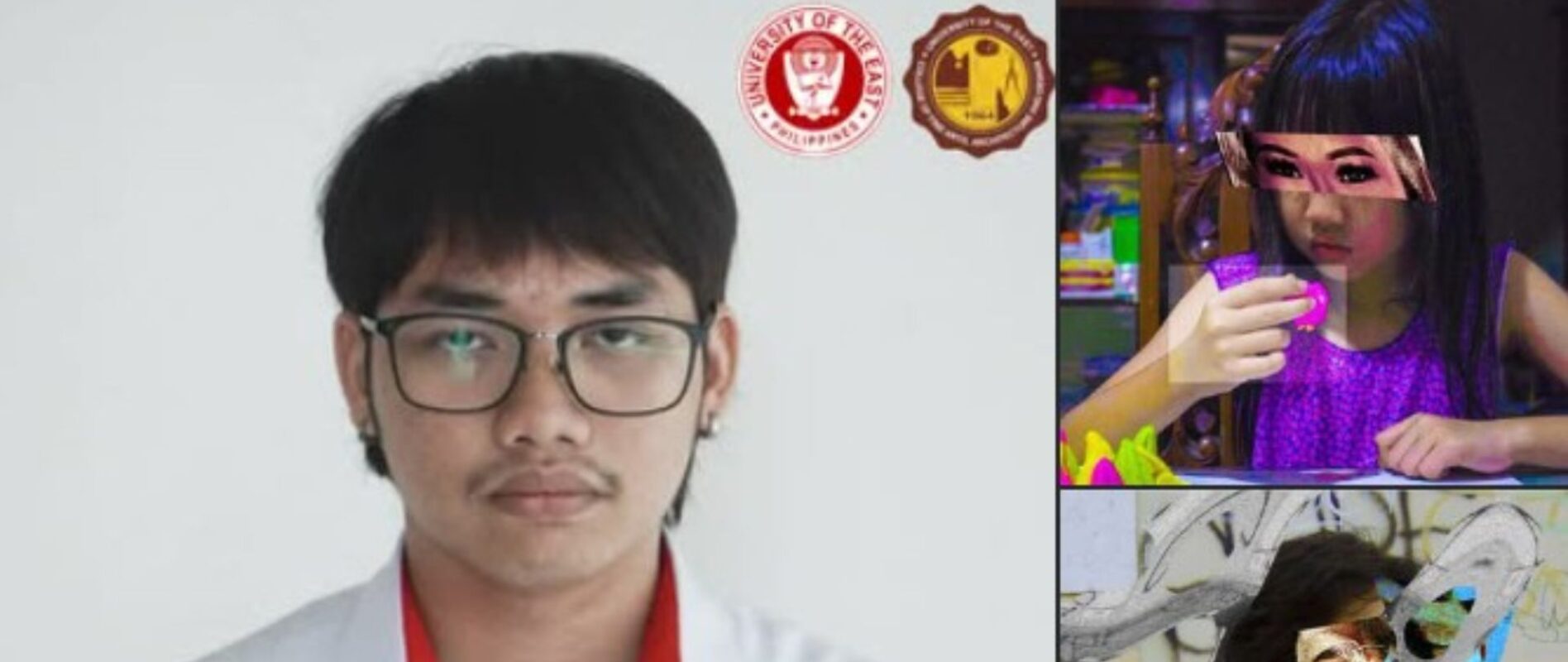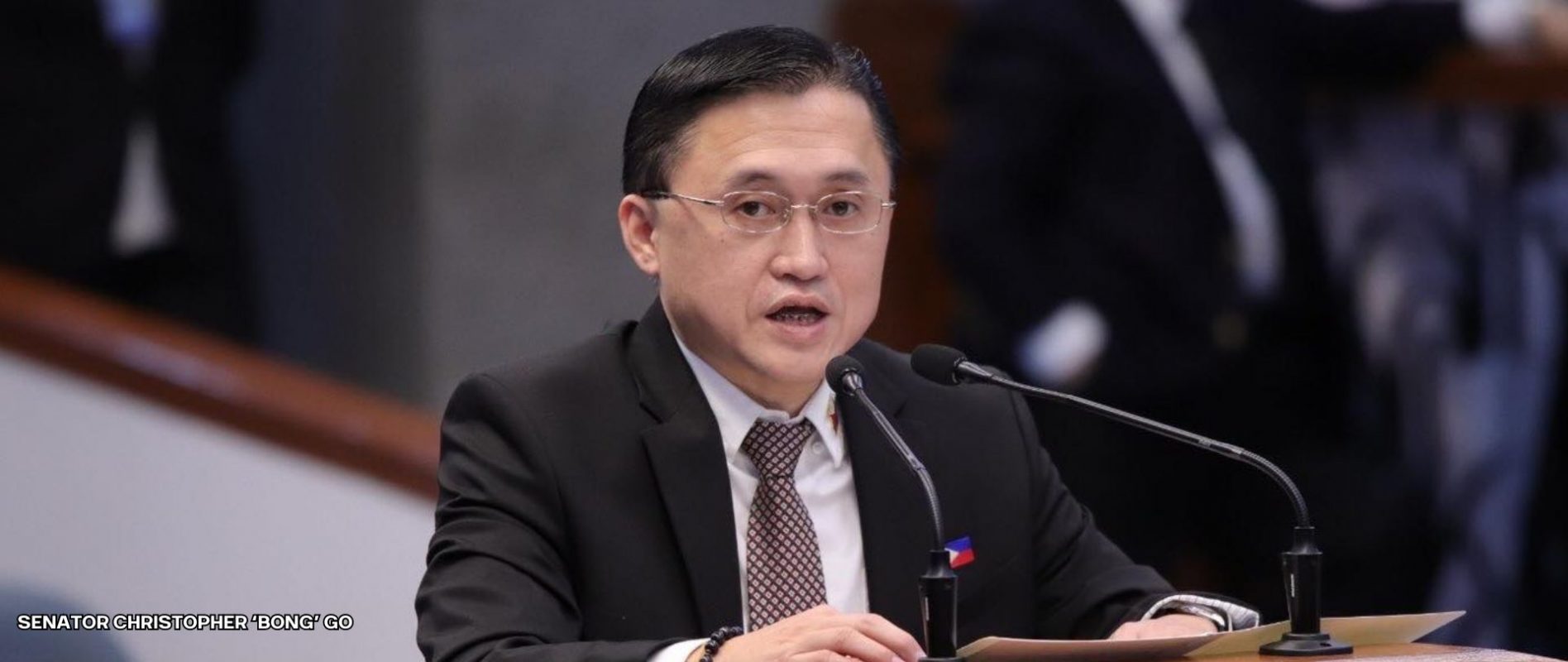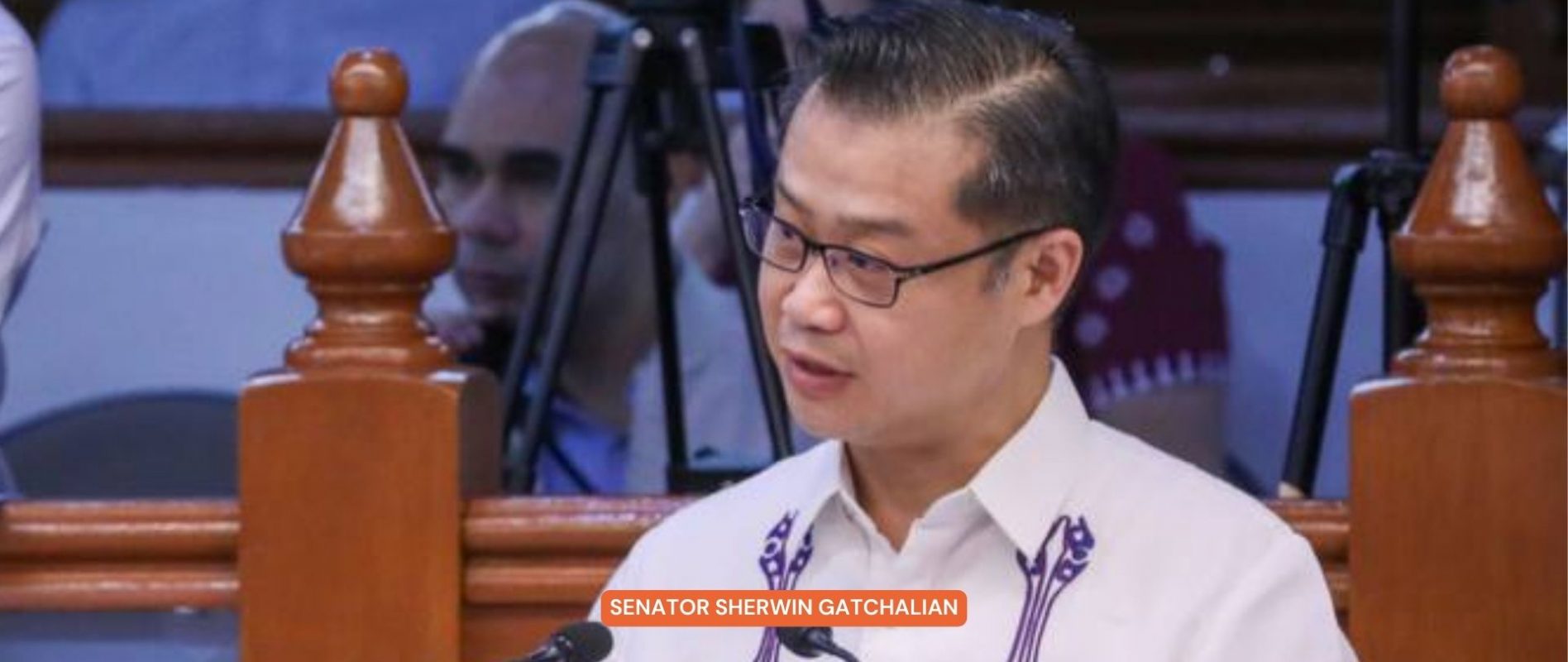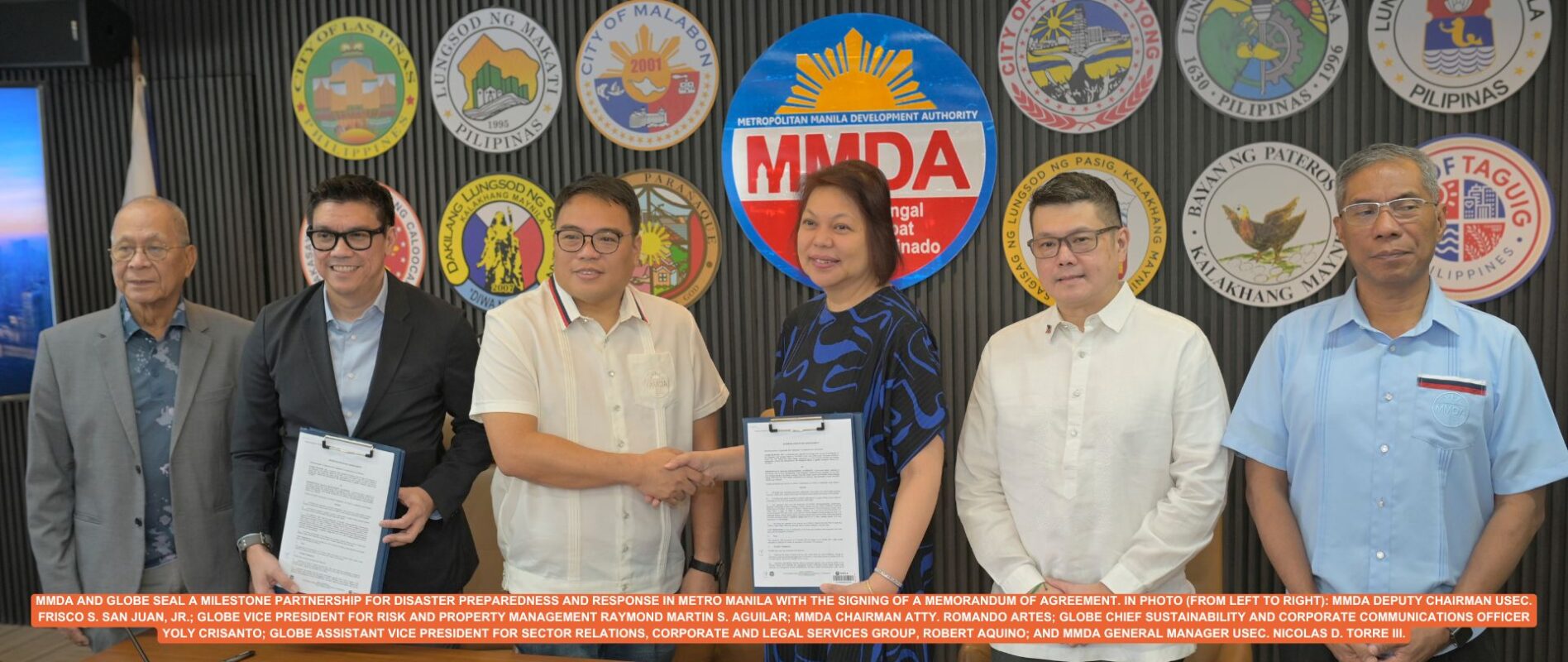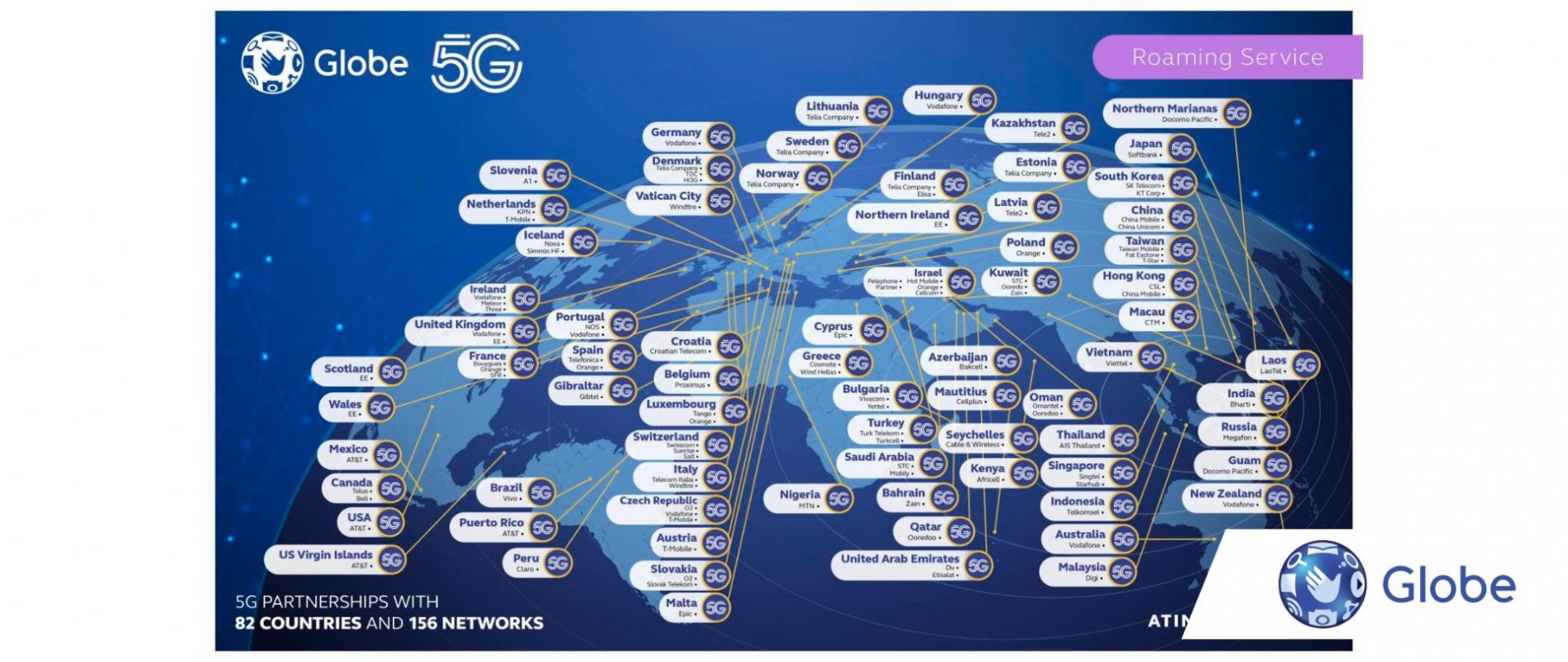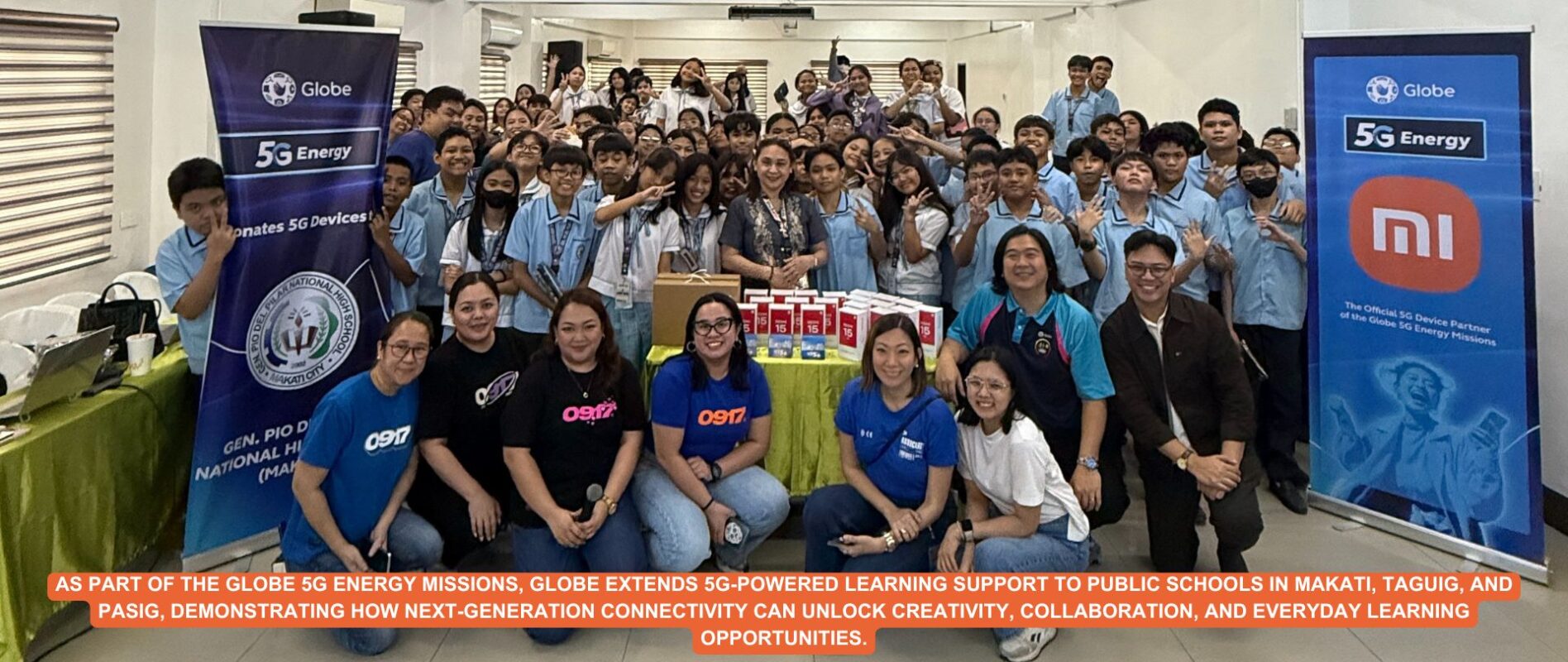NEW DILG CHIEF URGED TO MOBILIZE LGUS TO RESPOND TO THE LEARNING CRISIS
ADVOCACY group Philippine Business for Education called for stronger local government involvement in education and workforce development to address the country’s growing learning and employability crisis.
“The education challenge we face is so immense that it requires a whole-of-nation approach. Local governments are in the best position to understand and address the specific issues their communities face,” PBEd Executive Director Justine Raagas said.
“We count on new DILG Secretary Jonvic Remulla and his extensive experience in local government administration to rally local government leaders for education. We need to ramp up local investments in education, put education at the heart of local development programs, upon which the growth and development of our community and entire nation rests,” Raagas added.
PBEd emphasized the need to empower local school boards and ensure the efficient use of special education funds to support community-driven initiatives aimed at improving teaching quality, learning outcomes, and workforce readiness.
The LSB is a special body tasked by the Local Government Code of 1991 to allocate the SEF to meet the supplementary needs of the local public school system. The SEF comes from the one percent tax on real property paid to the local government. Proposals in the Senate through Senate Bill Numbers 155 and 1633 call for expansion of the LSB and its responsibilities to include the formulation of policies focusing on quality of education.
“Strong partnership with local government units has been key to the success of our programs for education. In many regions, local governments have taken the lead in implementing literacy programs for early childhood learners and spearheading training programs that enhance youth employability. We aim to replicate these successes across more areas and make a coordinated push to uplift education quality nationwide,” Raagas added.
One of the challenges exacerbating the learning crisis is the widening skills gap driven by the rapid digitization and automation of industries. To respond to this, PBEd, in partnership with Citi Foundation, are training Filipino youth from across the country for jobs of the future. Through the JobsNext project, over 2,500 young individuals gained critical skills for future jobs in areas such as artificial intelligence, cybersecurity, data, and other emerging technologies.
Among them, 52 participants were further trained under its NEXTGENeration Leaders program, an incubation program designed to harness digital solutions to address pressing community challenges. Graduates of the JobsNext training workshops, together with their mentors from the local government, developed project proposals to tackle issues like youth unemployment, access to health services, disaster response, and mental health in their respective communities.
“The Filipino youth are the best choice to lead and create solutions for the changing needs of communities and industries as they learn to adapt to emerging technologies and innovations. By participating in this program, these young leaders can now pay it forward by using their skills to foster positive change and inspire others,” Raagas said.
The incubation program provided over 16 hours of leadership training and mentoring in partnership with “KadaKareer,” a career development platform for Filipino students launching their digital careers. The program culminated in a two-day hackathon event from September 27-28. In collaboration with the Benilde Hub for Innovation and Inclusion, participants were given the chance to refine their problem-solving skills, work closely with mentors and pitch digital solutions to various challenges.
Participants presented their proposals to local government offices committing to provide seed grants for implementation.
“We are planting seeds of change through these youth leaders, and we look forward to more support from the local partners from the government, industry, and academe to help these efforts flourish. With stronger collaboration, we can ensure that their initiatives grow into impactful, long-term solutions for their communities and create a ripple effect, driving real progress in addressing the learning and employability crisis,” Raagas said.


